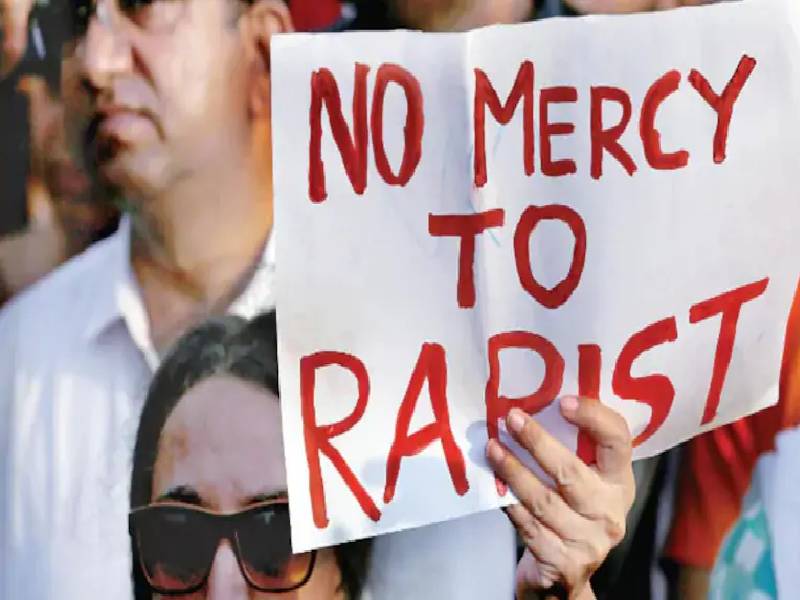Explained: Six mandatory action to be taken by police in cases of crime against women
By Newsmeter Network
Hyderabad: On October 9, the Ministry of Home Affairs, Government of India, issued an advisory to all the states ad Union Territories regarding mandatory action by police in cases of crimes against women.
The police are supposed to take the following mandatory action in connection with cases involving women.
1. Compulsory registration of FIR in cases of a cognisable offence under sub-section (1) of Section 154 of Code of Criminal Procedure, 1973(CrPC). The law also enables the police to register an FIR or a “Zero FIR” (in case the crime is committed outside the jurisdiction of the police station) in the event of receipt of the information of the cognisable offence, which includes cases of sexual assault on women. Refusal to register FIR as required under 154(1)CrPC is a criminal offence under 166A IPC.
2. Section, 166 A (c) of the Indian Penal Code 1860 (IPC) provides for punishment to a public servant for failure to record FIR in relation to cognisable offences punishable under Section 326A, Section 326B, Section 354, Section 354B, Section 370, Section 370A, Section 376, Section 376A, Section 376AB, Section 376B, Section 376C, Section 376D, Section 376DA, Section 376DA, Section 376DB, Section 376E or Section 509 in IPC.
3. Section 173 of CrPC provides for completion of a police investigation in relation to rape in two months. In order to facilitate the state police to monitor compliance in this regard, the Ministry of Home Affairs has provided an online portal called Investigation Tracking System for Sexual Offences (ITSSO). This is exclusive to law enforcement officers.
4. Section 164-A of CrPC provides that in rape/sexual assault investigation, the victim shall be examined by a registered medical practitioner under consent within 24 hours from the time of receiving the information relating to committing such offence.
5. Section 32(1) of the Indian Evidence Act, 1872, provides that the statement written or verbal, by a person who is dead shall be treated as relevant fact in the investigation when the statement is made by a person as to the cause of his death, or as to any of the circumstances of the transaction which resulted in his death.
The Supreme Court has directed that a particular statement, when being offered as dying declaration and which has satisfied all the requirements of judicial scrutiny, cannot be discarded merely because it has not been recorded by a Magistrate or that the police officer did not obtain attestation by any person present at the time of the making of the statement.
6. The Directorate of Forensic Services (DFSS), under the MHA, has issued guidelines for collection, preservation and transportation of forensic evidence in sexual assault cases for investigation officers and medical officers.
In order to facilitate the state police, Bureau of Police Research and Development (BPR&D) has issued Sexual Assault Evidence Collection (SAEC) kits to every state and Union Territory. It is necessary to use these SAEC kits in every case of sexual assault reported.